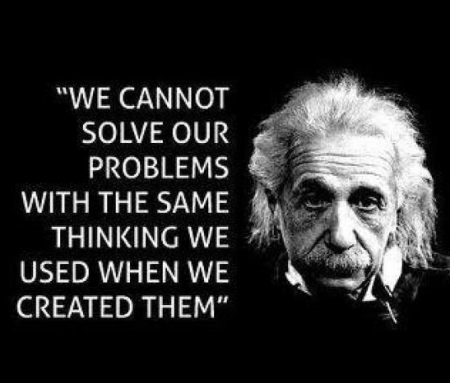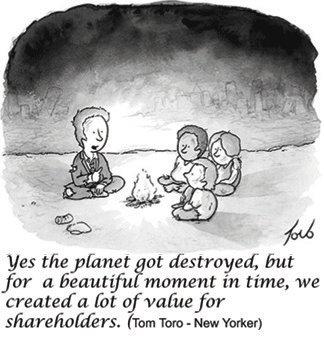December 21, 2015 – Today is the winter solstice in the northern hemisphere of our planet, and here in Toronto we are being told that Christmas and this month of December will likely be the warmest Toronto has ever experienced. So climate is very much on the minds of those looking around and seeing no snow on the ground, noticing that the robins have not flown south as they have done in the past, that spiders are still spinning webs in the garden in front of my building, and that flowers in garden continue to bloom.
With climate change very much in evidence, reading editorial and opinion pieces in business and general news sections of my local papers slamming the climate agreement recently reached in Paris raises my hackles. The writers of these pieces lecture us about the reality of what was not accomplished, that we didn’t get a global price on carbon, that the agreement is non-binding, that it doesn’t start until 2020, and that it has no punitive measures to be applied to countries that fail to achieve emission reduction targets.
To these folks I respond that in truth no one expected going in that any of the above would be accomplished at COP 21. What at best was hoped for was a good start and an acknowledgement by all countries in attendance (pretty much the entire planet) that human-influenced climate change was a real threat to future generations let alone the rest of life here on Earth.
I think that COP 21 was an acknowledgement that we humans have treated Earth as our exclusive natural resource and that our behavior to date has come with unforeseen costs. That scientists studying climate have made it abundantly clear we no longer can do business as usual. So now we are collectively starting down a path to begin to alter our relationship with the planet. We have made a bold admission of guilt and expressed contrition that comes with targeted efforts to alter past behaviour. We have also recognized that the cause is asymmetrically conceived with Developed World nations assuming greater responsibility.
Albert Einstein once said, “sometimes one pays most for the things one gets for nothing.” Well it seems we will have to pay more to get our atmosphere and ocean back on track. Einstein also defined insanity as “doing the same thing over and over again and expecting different results.” It seems that those in the fossil fuel industry, who remind us that we are still going to be needing their energy until the end of the century, and shamelessly continue to drill and extract without thinking of the consequences for us all, should be deemed “insane.”
In a column about educating the public about climate change written by Kaz Janowski, editor at SciDev.Net, he talks about scientists not connecting with the broader public effectively on this issue. That describing the complexity of the science and repeating the mantra “human activity caused climate change” is not getting selling the message to the public at large. He argues that “a different approach may be needed to change attitudes and behaviour in order to tackle climate change.”
Referring to a recent United Nations global survey given to 8.5 million in which climate change finished last among 16 major issues, Janowski argues that we need to get the broader public to relate to our “innate sense of the deep intertwining of humans with the rest of the natural world” and by doing so change perceptions and turn what was accomplished at COP 21 into a springboard to act. I think he’s right.
Humans are very much moved by the plight of other animals, sometimes even more than that of other humans. A neighbour in my apartment building came back from Mexico with a rescue dog. He and his wife were willing to take on all of the challenges to make their new dog “Jello” a healthy and happy family member. And my neighbour is not alone. On the path where I walk my dog each day I speak to pet owners who tell me similar stories.
So maybe we need everybody to adopt the animals of our world and “go to the mat” to nurture the environments in which they live. And we need to reach out to people to make similar connections with the trees and forests of our planet getting them to adopt them as well.
For those inclined to “adopt a highway” maybe we can redirect them to “adopt a beach, lake, river or ocean.” Through adoption we can touch the humanity in all of us and better understand our relationship with the natural world and the consequences of inaction.
Doesn’t that sound like an appropriate message for this time of year?











